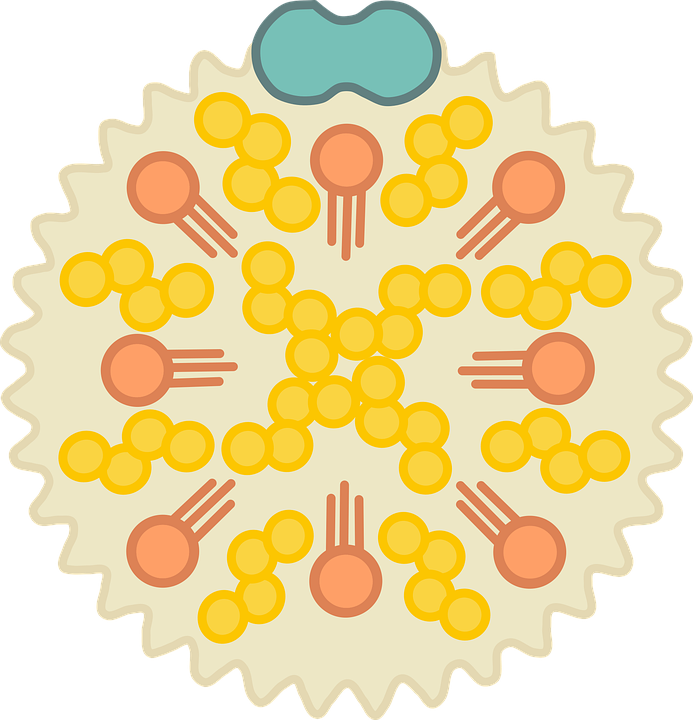 Cholesterol is a type of lipid that is made by our livers. However, we also consume cholesterol in many of our animal-based foods, like eggs, meat (including chicken and fish), and dairy. Also, saturated and trans fats can cause our livers to produce more cholesterol. Our livers make all the cholesterol that we need, so extra cholesterol in our diets can lead to high cholesterol, which is bad for the heart.
Cholesterol is a type of lipid that is made by our livers. However, we also consume cholesterol in many of our animal-based foods, like eggs, meat (including chicken and fish), and dairy. Also, saturated and trans fats can cause our livers to produce more cholesterol. Our livers make all the cholesterol that we need, so extra cholesterol in our diets can lead to high cholesterol, which is bad for the heart.
Most importantly, high cholesterol in kids can be a sign of childhood obesity. Your child’s pediatric healthcare provider will order a simple blood test to measure your child’s cholesterol levels.
LDL Cholesterol
Firstly, LDLs, or low-density lipoproteins, are commonly referred to as “bad cholesterol.”
LDLs build up in our arteries and form plaque. This plaque can eventually narrow or block our arteries and cause blood clots, leading to heart attacks or strokes.
HDL Cholesterol
On the other side, HDLs, or high-density lipoproteins, are “good cholesterol.”
HDLs carry cholesterol away from arteries to the liver to be broken down and expelled. Furthermore, providers use the LDL to HDL ratio to evaluate overall health and risk of heart disease.
Increased Likelihood of High Cholesterol in Kids
- Lack of physical activity
- Unhealthy diet, high in animal foods or saturated and trans fats
- Family history of high cholesterol/heart disease
- Overweight
- Kidney disease, liver disease, Kawasaki disease, juvenile idiopathic arthritis, underactive thyroid
- Diabetes
- High blood pressure
- Cigarette smoking
Treatment of Cholesterol in Kids
Treatment of high cholesterol includes reducing the amount of fat and cholesterol in the diet. There are some foods that are effective at lowering cholesterol, like healthy fats, grains, legumes, and fruits and vegetables. Also, your pediatric healthcare provider encourage kids with high cholesterol to increase exercise and lose weight. Furthermore, your child’s pediatric healthcare provider may prescribe cholesterol medication in some cases.
Prevention
- Choose healthy foods like fruits, veggies, whole grains, lean meats, beans, nuts, alternative dairy products, and healthy fats.
- Avoid added sugar.
- Limit cholesterol, saturated fat, and trans fats
- Exercise (30-60 minutes/day)
Finally, kids with high cholesterol have a higher chance of becoming adults with high cholesterol. If your child has a family medical history of high cholesterol, or if you suspect they may be at risk of developing high cholesterol, please contact your pediatric healthcare provider so that they can order a blood test. The AAP (American Academy of Pediatrics) recommends that kids between the ages of 9 and 11 get screened for high cholesterol.
Finally, for questions or comments, please respond to this post or contact us! Your experience with high cholesterol may help others struggling with the same issue. As always, we appreciate your contribution!




